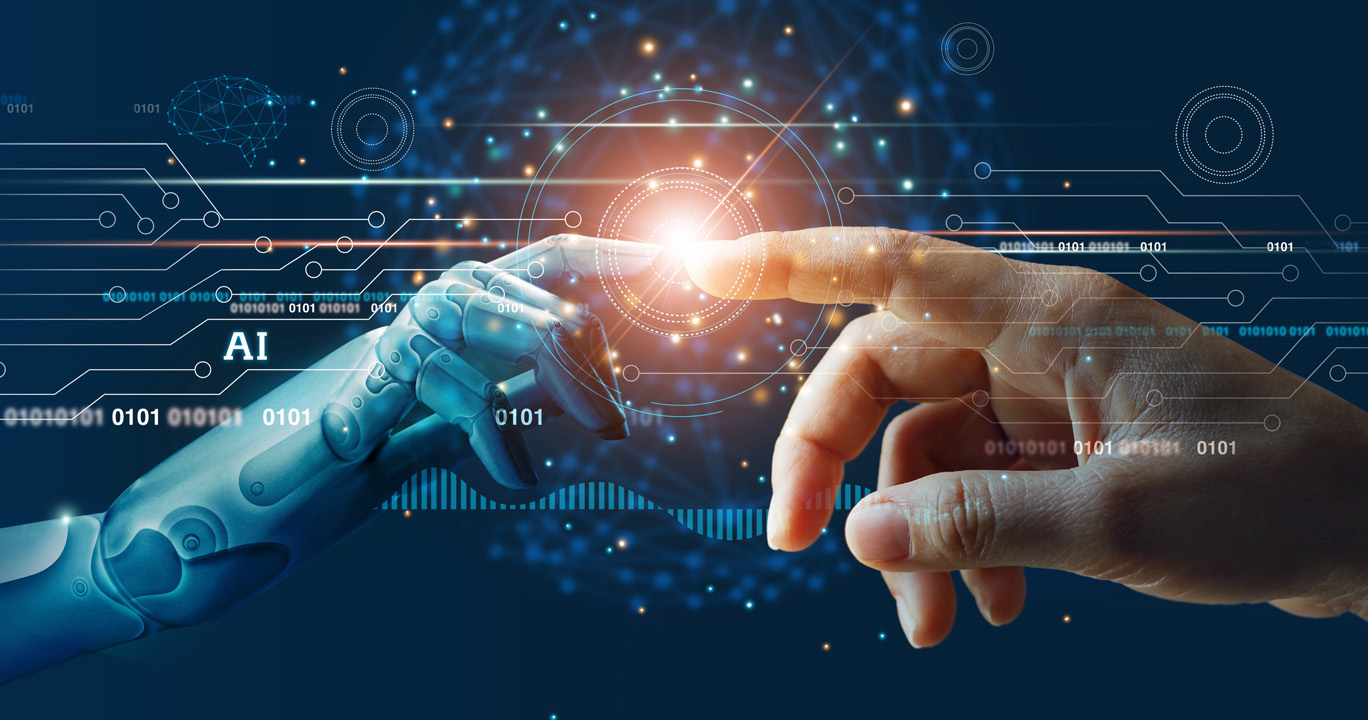Embracing AI in 2025: Advantages and Opportunities
In 2025, Artificial Intelligence (AI) continues to revolutionize industries across the globe, offering unprecedented advantages and opening new avenues for innovation. As businesses adapt to the evolving technological landscape, understanding the benefits of AI becomes crucial for leveraging its full potential.
1. Enhanced Personalization: AI algorithms in 2025 are adept at analyzing vast amounts of data to personalize user experiences. From recommending products based on past behavior to tailoring content to individual preferences, AI-driven personalization enhances customer satisfaction and engagement.
2. Improved Operational Efficiency: Businesses are increasingly integrating AI-powered automation to streamline operations. In sectors ranging from manufacturing to logistics, AI optimizes processes, reduces costs, and minimizes errors, leading to higher productivity and profitability.
3. Advanced Data Analytics: AI’s ability to process and interpret data in real-time enables businesses to extract actionable insights swiftly. Predictive analytics powered by AI forecasts trends, customer behavior patterns, and market fluctuations, empowering informed decision-making.
4. Enhanced Customer Service: Chatbots and virtual assistants equipped with natural language processing (NLP) capabilities are redefining customer service standards. In 2025, AI-driven bots provide instant responses, resolve queries efficiently, and offer personalized assistance round-the-clock.
5. Accelerated Research and Development: Innovative industries such as pharmaceuticals and biotechnology leverage AI for drug discovery, genetic research, and disease prediction. AI algorithms simulate complex scenarios, accelerating R&D timelines and fostering breakthroughs in scientific innovation.
6. Cybersecurity Reinforcement: As cybersecurity threats evolve, AI plays a pivotal role in fortifying digital defenses. AI algorithms detect anomalies, identify potential threats, and mitigate risks in real-time, ensuring robust protection against cyber attacks.
7. Eco-Friendly Innovations: AI promotes sustainability by optimizing energy usage, reducing waste, and improving resource management. Smart grids, AI-driven logistics, and predictive maintenance contribute to environmental conservation efforts in 2025 and beyond.
8. Economic Growth and Job Creation: Contrary to fears of job displacement, AI stimulates economic growth by creating new job roles that require specialized skills in AI development, data analysis, and machine learning. Collaborative human-AI partnerships drive innovation and productivity in diverse industries.
Embracing the Future with AI: As we navigate 2025, embracing AI technologies not only enhances operational efficiency and innovation but also fosters a competitive edge in a rapidly evolving marketplace. Businesses that harness AI’s transformative power stand poised to lead in their respective fields, driving sustainable growth and delivering unparalleled value to customers worldwide.
Conclusion: In conclusion, AI’s evolution in 2025 signifies a transformative era where businesses capitalize on its capabilities to innovate, optimize operations, and meet the demands of a dynamic global economy. Embracing AI promises not just efficiency gains but also sets the stage for pioneering advancements that shape the future of industries across the spectrum.


